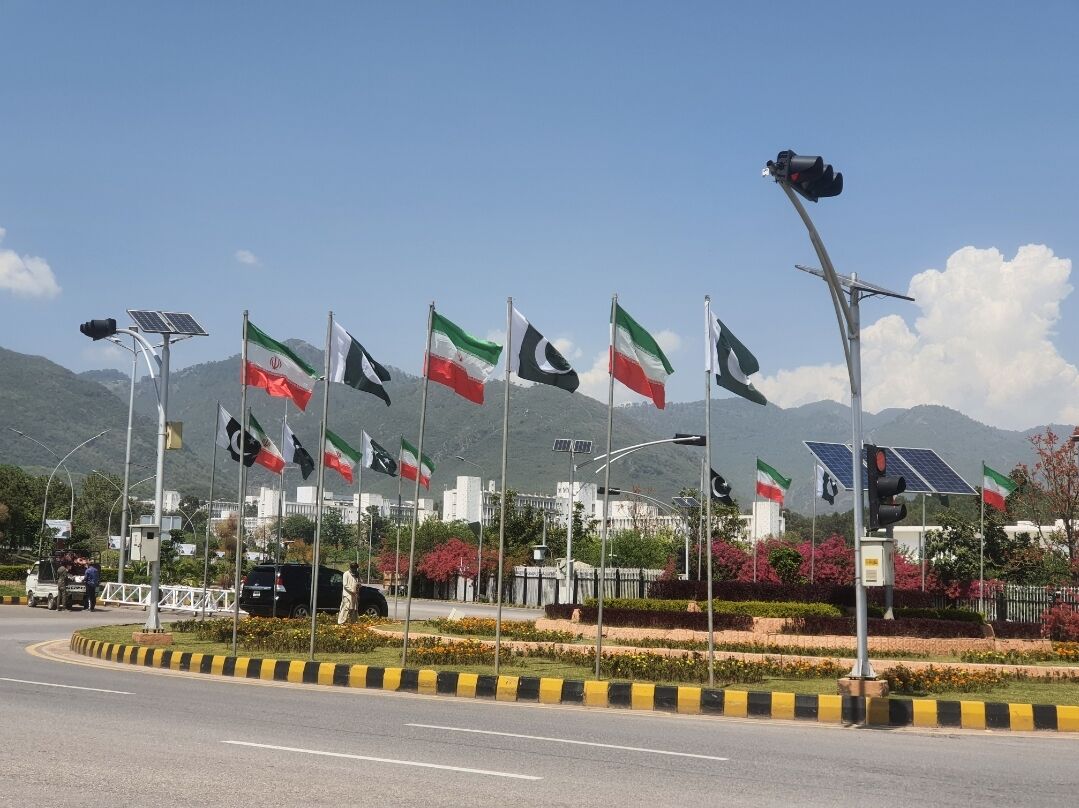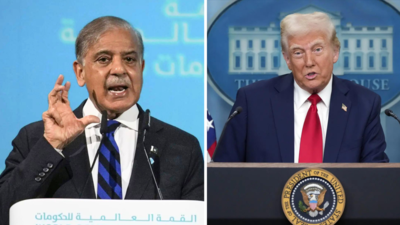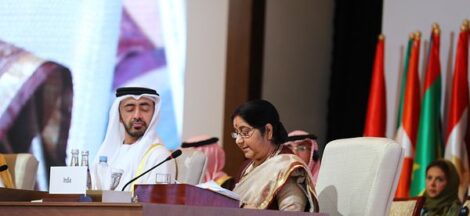
Pakistan has shifted from strong condemnation to tempered concern after the United States bombed Iran’s nuclear sites, prompting a high-level security review in Islamabad. The strikes on Fordow, Natanz and Isfahan early on Sunday triggered alarm in Pakistan, with officials initially labelling the actions as breaches of international law. The UN Security Council will soon consider a ceasefire draft resolution backed by Pakistan, Russia and China.
Prime Minister Shehbaz Sharif, in conversation with President Masoud Pezeshkian, expressed Pakistan’s firm disapproval, describing the strikes as violations of the International Atomic Energy Agency’s statute and the UN Charter. He underlined Iran’s legitimate right to self‑defence and urged a shift back to dialogue and diplomacy. Islamabad’s foreign ministry echoed this stance, warning that any expansion of hostilities could unleash serious consequences globally.
Diplomatic recalibration followed swiftly. On Monday, Pakistan convened its National Security Committee—under the direction of Mr Sharif and supported by senior military figures, including Army Chief Field Marshal Asim Munir—to reassess national security interests. The session assessed potential spill‑over from regional conflict, implications for economic stability, and risks posed along Pakistan’s porous 900‑kilometre border with Iran. Senior analysts caution that any escalation could disrupt fuel imports via the Strait of Hormuz and threaten domestic security due to militant spill‑over.
At the UN, Pakistan’s Permanent Representative Asim Iftikhar Ahmad delivered a forceful address, urging the Security Council to act “urgently and decisively” to halt hostilities. He spoke against the strikes by both the United States and Israel, terming them in clear breach of international norms, and pressed for an “immediate and unconditional ceasefire” and return to diplomacy.
The broader regional concern centres on militant groups exploiting instability. Islamabad fears the collapse of control in Iran could create fertile ground for jihadist and separatist movements, particularly Jaish al‑Adl in Iran’s Sistan and Baluchistan province. Pakistan’s military leadership warns such unrest could spill into its own Baluchistan region. Field Marshal Munir brought these concerns directly to the White House during his recent meeting with former US President Donald Trump, emphasising the need to prevent militant “ungoverned spaces” along the border.
Pakistani analysts point out a delicate diplomatic balancing act. While aligning with Iran and advocating for multilateral diplomacy, Islamabad remains conscious of its strategic ties with the United States and Gulf partners. The ceasefire resolution at the UN, co‑sponsored by Beijing and Moscow, represents a middle course: firmly condemning unilateral military actions while calling for de‑escalation and adherence to international obligations.
Economic analysts also warn of fallout from sustained tension. Pakistan’s reliance on imported oil means that any disruption in the Strait of Hormuz could drive up energy costs. With the country already contending with balance‑of‑payments pressure, a surge in fuel prices could exacerbate inflation and fiscal instability.
Pakistan’s approach reflects this dual-interest calculus: condemnation of military action against Iran, advocacy for UN-led diplomacy, and at-home strategic preparedness. The high-level meeting of the NSC and diplomatic engagement at the UN signal Islamabad’s aim to contain fallout, underscoring the urgency of shielding national security and economic interests amid a volatile Middle East landscape.




 India Rebukes OIC Over ‘Factually Incorrect’ Claims
India Rebukes OIC Over ‘Factually Incorrect’ Claims 